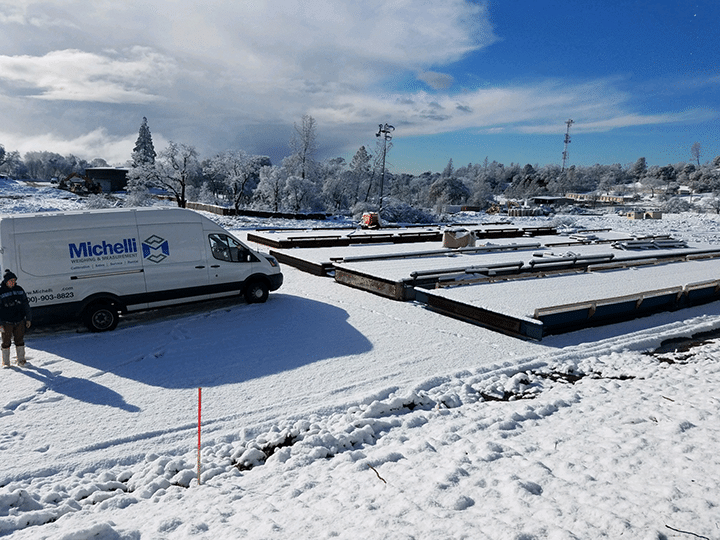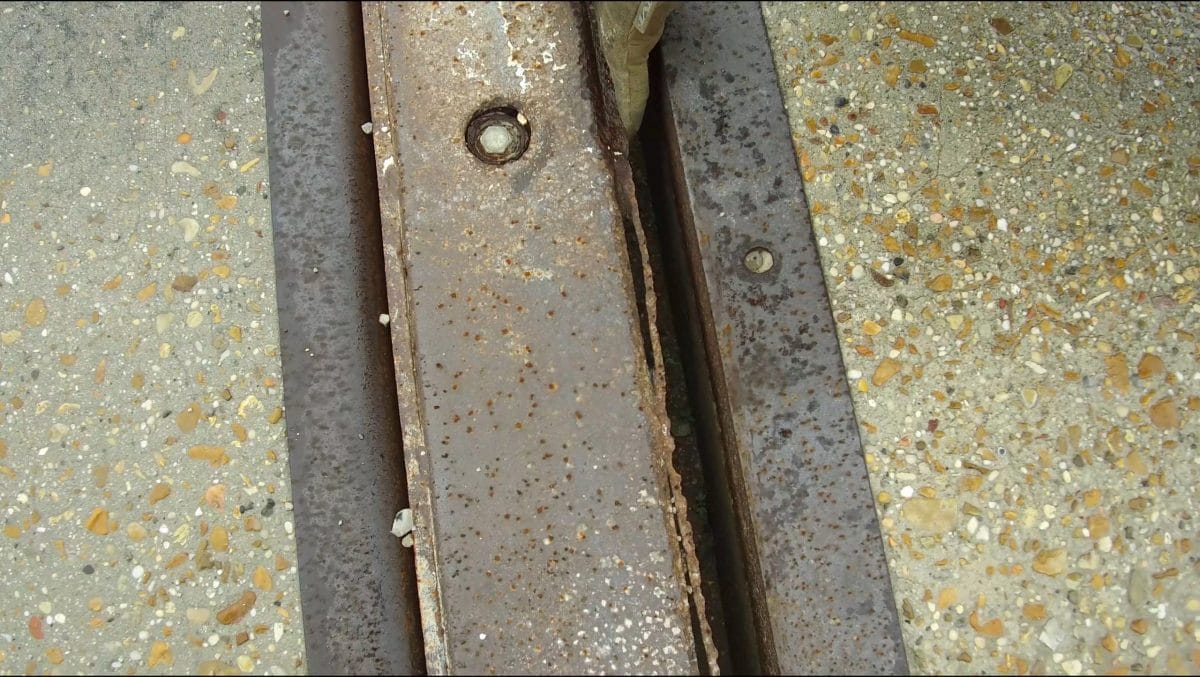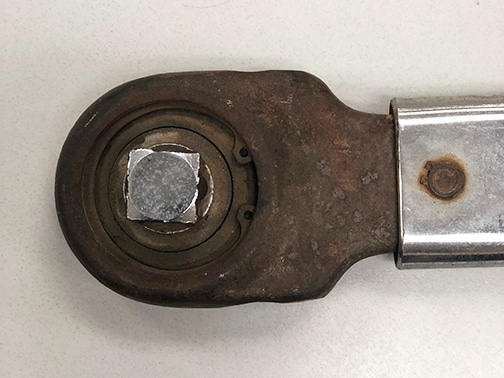Reduce Downtime by Protecting Equipment from Winter Weather
Prepare your scales for the Winter weather now to reduce downtime this season. Weighing & measurement equipment is susceptible to damage from rust or electronic issues caused by moisture. There’s also the challenge of keeping rodents from moving in and making snacks of wires. The Winter weather takes a toll on weighing & measurement equipment, but with proper preparation, you can minimize the damage & greatly reduce downtime.

Protecting Your Truck Scale from Winter Weather
Obviously, industrial scales, including truck scales, located outdoors are the most at risk to damage from Winter weather because they are exposed to the elements. However, there are a few steps you can take to protect scales that are permanently located outdoors. Use the steps below to help minimize the chances of a scale failure, and in turn, reducing downtime during the upcoming Winter season.
In early Fall, have your truck scale properly cleaned by a qualified scale service provider like Michelli Weighing & Measurement. A good service provider will make sure that any and all dirt, debris, or buildup underneath the scale is removed. This helps reduce the likelihood of water becoming trapped, which could lead to a rusted truck scale. Truck scales need to be able to move freely to work properly anyway, so regular cleaning is a necessary preventative maintenance practice. Minimizing the potential for water damage will help maximize the useful life of your truck scale.
Protecting your Pit Truck Scale from the Elements
For pit truck scales, things may be a bit more complicated. Again, speak with scale experts like your local Michelli Weighing & Measurement service technician about your scale. Have them visit your site & check the pit. The technician should inspect your sump pump to determine if it’s working properly. If not, it’s a good idea to replace the pump before the Winter weather arrives to ensure that it can effectively pump water from the pit when needed.
If there is mud or other debris in the scale pit, or if the submergible pump is no longer operational, a vacuum truck may be required to remove it during your preparation for Winter weather. It’s imperative that you clean out any debris to ensure that the scale continues to work properly, and to confirm that there isn’t any moisture sitting against the steel scale components. (This includes the water trapped in mud, leaves, or other debris.)

Preventing Rust & Corrosion on Scales
During a preventative maintenance appointment, a scale service technician should check the scale thoroughly for any existing rust or damage. Locating existing damage can help you identify trouble spots where debris accumulates on the scale, which will allow you to take measures to prevent future damage. For example, in our last blog post, Reduce Risk of Weighing & Measurement Equipment Damage, we discussed removing the T-belting after hosing off a truck scale. The T-Belting can hold water against the steel straps on a scale, trapping it there and allowing the steel bands to rust. During the Winter, snow could accumulate on scales for days before melting or being removed. You should always remove snow from the scale. After doing so, if possible, temporarily remove the T-belting to allow it to dry, then replace once the steel straps have dried as well.
Your scale service technician should also take extra care to grease any suspension components to slow potential water damage caused by Winter weather. Greasing suspension components also helps to ensure that the scale continues to operate smoothly. These preventative maintenance activities are not specific to truck scales. For pallet scales, a scale service technician can apply a corrosion inhibitor to the bottom of the scale, including any exposed steel or hardware, to protect the scale from potential issues.
Storing Scales for the Winter Weather
Any scales that can be moved inside for the Winter should be. Of course the best case scenario is to relocate equipment inside whenever possible, where it is not exposed to the elements. If possible, these scales should be stored in a dry spot away from doors or windows, where Winter weather might creep in.
For example, bench scales should be placed on shelves indoors when not in use, without anything stacked on top. Plastic bins or plastic wrap can help users prevent damage to the scale that may be caused by stacking. Wrapping or storing your bench scale in plastic will also help prevent rodent and critter infestations, where the cables could be chewed & destroyed.

Preparing Your Precision Measurement Devices for Winter Weather
Precision measurement devices should be stored inside of cases, indoors all year long, so they are less susceptible to damage brought on by Winter weather. However, weather doesn’t always stay outside. The most important thing to remember when trying to prevent damage to precision measurement devices is to keep them dry.
Dimensional tools in particular should be stored in wooden cases, with desiccant packs to protect them from moisture. The wooden cases shrink or swell to adapt to the amount of moisture in the air, instead of allowing the potential moisture to pool inside the case and damage the tools. Corrosion inhibiting paper should also be used to protect your precision measurement devices from moisture. You can learn more about that in our blog post Dimensional Tool Care Tips.
Read our post Winter maintenance for your scales & measurement equipment to learn about more solutions to common problems caused by Winter weather.
Schedule a Preventative Maintenance Service Call Today
Your local Michelli Weighing & Measurement service technicians can help you protect your equipment. Let us help you prevent damage & get the longest useful life out of your equipment.
